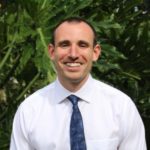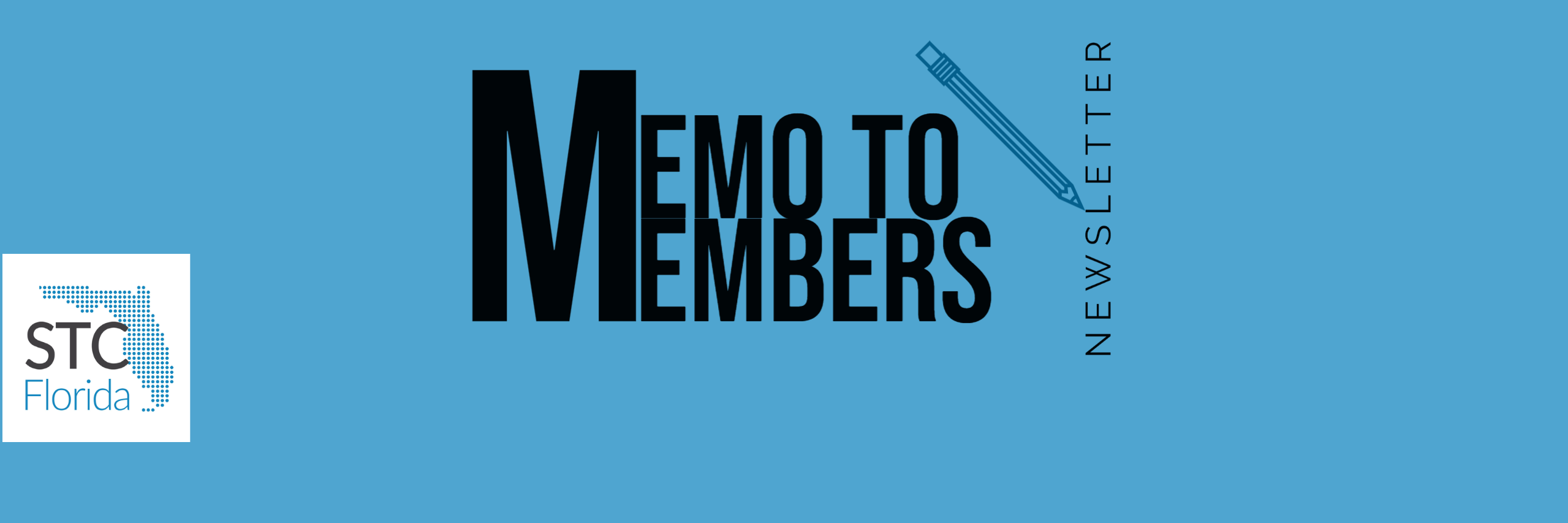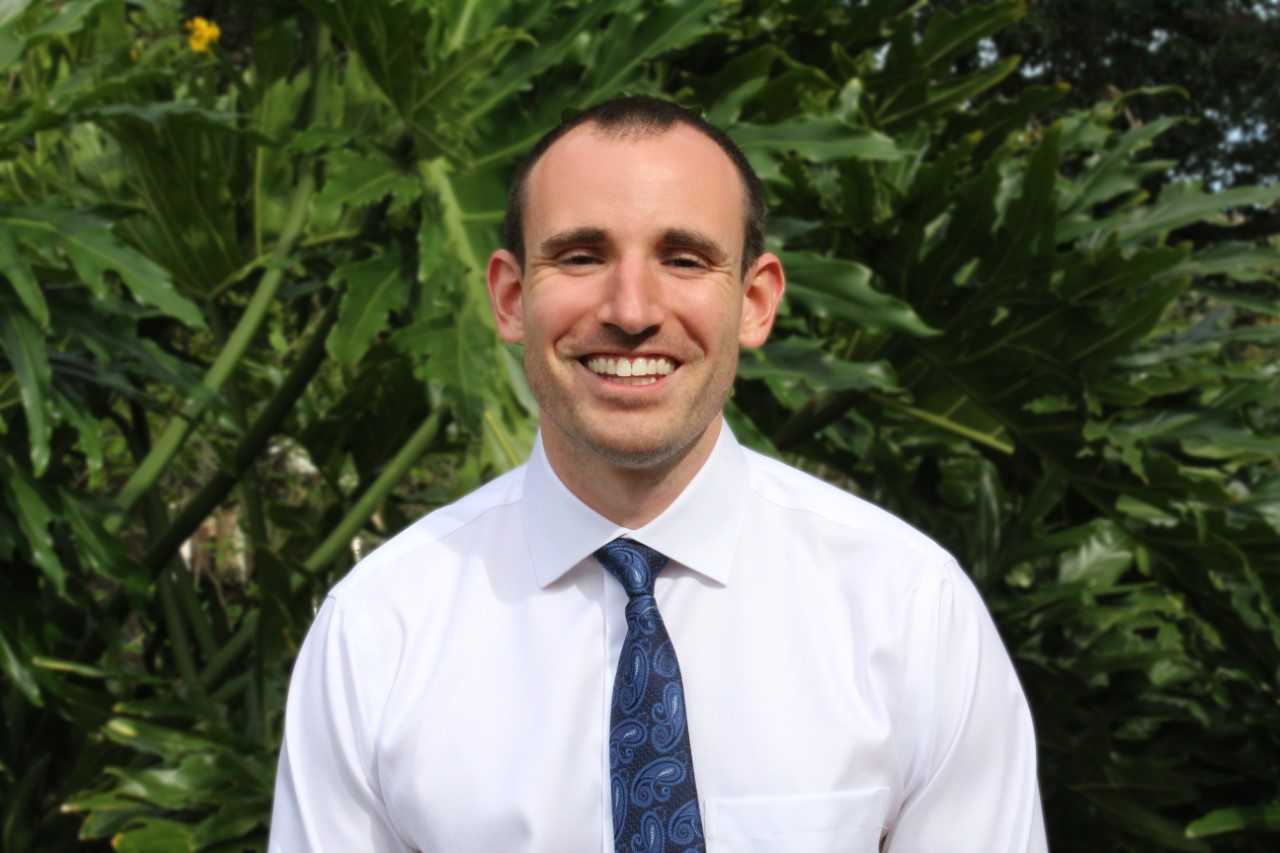What Can You Do with a Degree in Technical Communication?
Panelists Showcase Diverse Career Opportunities in our Field

By: Winfield Pearson
STC Student Writer
Florida Chapter, STC
The most essential and pressing question I had about my Technical Communications major was the same question that my quizzical friends would pose to me: what, exactly, do you do with it?
As I found out on February 7th: a whole lot.
The annual Future Technical Communicators (FTC) club/STC meeting at the University of Central Florida (UCF) campus welcomed a slew of professional guest speakers, all of whom had a different answer to what they did with their Tech Comm degree and experience. What I might have done with my degree was type “Technical Writer” into the search bar and smash apply to every hit I could find. Luckily, this meeting showed me that there are far more options to look for and, more importantly, deeper reasons to apply to only a few of those options. I now know which ones to really set out for because of the anecdotes and work experience of the guest speakers.
Alex Garcia, Senior Technical Writer at Lockheed Martin, gave the first presentation with an explanation of his work in instructional systems design. I noticed on his STC page that Alex had not only majored in Technical Communication at UCF, but also double-majored in Space Engineering Technology,an intriguing route to have taken as an undergraduate with a variety of interests.
In his presentation, Alex detailed the development of educational models and strategies. He explained how as an engineer and a tech writer he could design materials that would be successful for users. His presentation also included an explanation of the five-part “ADDIE model” for instructional design. This is step-by-step wheel whose first part is Analysis, followed by Design, Develop, Implement, Evaluate, before returning to Analysis and restarting the process. The endless-loop nature of the model was a useful reminder that development of any kind has to be constantly reevaluated and honed to stay up to date with the needs of those who are using it.
Angela Trenkle, presenting via video chat, detailed her experience as a technical writer in the bioresearch industry. Her story was also intriguing from the point of view of a student, because she had initially earned a BS in Environmental Science in pursuit of her goal to perform research in aquatic biology. Although this initial goal didn’t work out for her, Angela used her strong background in science, along with her core writing skills, to make a career transition to technical writing while still continuing her work in the sciences. Angela’s story was particularly encouraging to those who may experience setbacks in their career, but can nonetheless find surprising connections between their education, experience, skills, and available opportunities.
Rachel Eichen had easily the most infectious, positive energy of the six speakers. She presented via video chat as well and shared her experience as a technical trainer. Her hybrid role was intriguing, as she designed her own training materials and then presented them, often from such delightful locations as seminar ballrooms and cruise ships. For those who love to travel and want to spend less time in front of their computers and more time conveying information in person, Rachel’s career path is an intriguing option. Her presentation made it clear that it is better to keep moving than to stand still—a mantra as applicable to developing effective presentation styles as to making positive moves forward in acquiring new job proficiencies, a must for technical trainers.
Michael Todd detailed his experiences as a user assistance designer. In his current position, Michael has been able to draw upon multiple areas of interest, including design, writing, and working on multiple projects at once. These aspects of his job seemed especially appealing for students like myself, who wish to work in a variety of areas and like to multi-task. Overall, these factors, combined with the welcoming, modern office setting and incentives, such as healthy snacks and the option to use monthly gym stipends at SumTotal Systems LLC, made pursuing this option particularly attractive to Michael.
Debra Johnson detailed her extensive experience in the ever-evolving field of content strategy, development, and documentation management. From her presentation and a conversation I had with her afterward, I learned how to standardize the way a website looks and feels to users who navigate it. Standardization of a voice is a method to maintain the same identity for not only documents like proposals and charters, but also in making all the pages on a website feel like parts of one cohesive whole. I also learned that recycling content is just as important to my website environment as it is to the environment in general because there is no reason to rewrite what you can use again. Having enjoyed writing for the web quite a bit myself, it was nice to know that content creation and management was another route to explore on my career journey.
Bethany Aguad’s presentation on her work as a Technical Publications Coordinator hit home with me when she made it clear that she too was a perfectionist in improving efficiency. Improving efficiency of any kind has been a key mission for me since my thrilling, but mercifully truncated tenure in retail. Bethany conveyed an intriguing idea: that my recurring obsession was a key part of her own job. Combined with the variety of tasks she was contributing to, and the fact that she worked at home while surrounded by an audience of lounging cats like an Egyptian queen, her work as a Technical Publications Coordinator sounded quite appealing. The “How I Got Here” section of Bethany’s handout was also helpful for students, as it introduced Technical Editing certifications one could obtain from STC to add to their marketable skill set.
Finally, W.C. Wiese ended the evening on an optimistic note, by presupposing that all of my fellow students and I will be holding long positions of employment, and should therefore start planning our retirements, even though that may seem too far off to imagine at the moment. W.C. laid out a simple and useful table for young professionals to use, detailing how much of their income they should be saving up for every decade of their lives. These simple percentages and time periods, like having two times your salary saved by thirty-five years old, establish important milestones for early career professionals to monitor their progress towards financial security in retirement.
This year’s annual FTC/STC meeting was rife with career options, advice, and optimism about the future with multiple plans for success. I now have quite a few answers on what I am going to do with my Technical Communications degree. It seemed the more I learned about the field, the more answers I was going to find. That should keep my application history as refreshing and reassuring as the answers to what I plan on doing with my freshly printed Technical Communications Degree.

